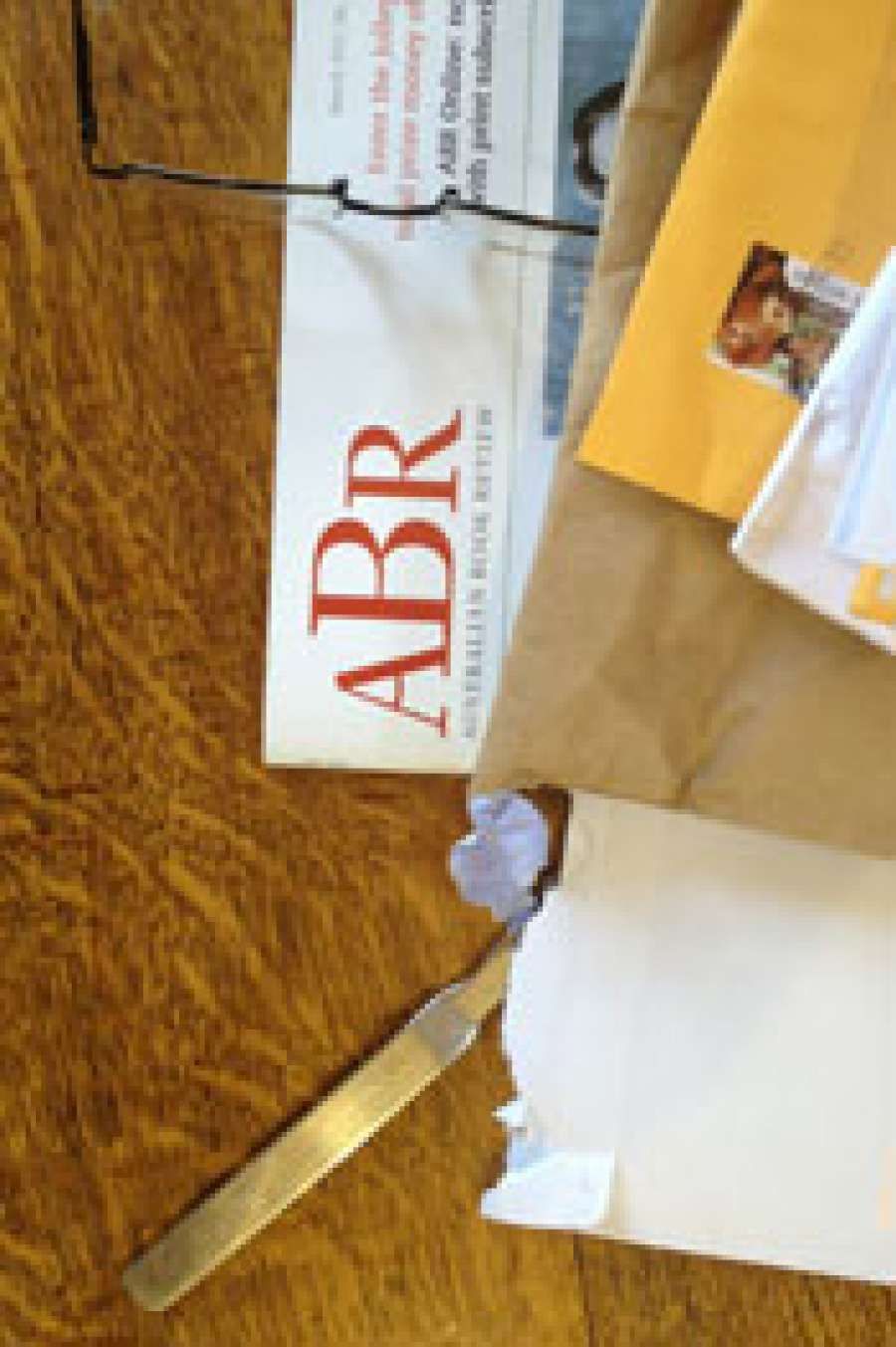
- Free Article: No
- Contents Category: Letters
- Custom Article Title: Letters to the Editor
- Review Article: Yes
- Online Only: No
- Book 1 Title: Letters to the Editor
What Piper eventually was shown in Toyama was a black granite monument, beneath which thirty-five human skulls, and bones from more than 100 people, discovered nearby in 1989, are stored in fourteen boxes. The fact that she could not see their condition, nor be sure of their supposed, but still unproved, links to the biological warfare program conducted by the Japanese Army’s Unit 731 on prisoners of war in China, made her experience much more sinister than mine in Paris. Her interviews in Japan reveal the numbness that comes over people doing terrible things to other humans: the banality of military inhumanity. It was not confined to one side, for as she shows, after the war the United States and the USSR competed to get their hands on Japan’s biological warfare data.
The achievement for which Piper richly deserves the prize is to have found and communicated with people who know more about the bones, and people who want something done about Unit 731. As she remarks, loyalty to family and community can seal the lips of those Japanese still alive who know the truth, while many others would be reluctant to reveal it to a foreigner, a nissei at that. Her task was made more difficult by official Japan’s obdurate refusal, having built the monument, to take the investigation further. She understands all these motivations, and explains them non-judgmentally, in terms that I hope will encourage those agitating in Japan on behalf of the fourteen boxes of bones.
Alison Broinowski, Paddington, NSW
Christine Piper replies:In her thoughtful letter about my essay, Alison Broinowski highlights the challenges faced by Japanese individuals wishing to speak out about wartime atrocities, particularly in a culture where community loyalty is so strong. She commends my achievement in having found people willing to discover the truth and enact change. However, finding such people was relatively easy (after an online search, I emailed the president of the Human Bones Association, who agreed to talk to me). The activists are the ones who deserve the praise, as they have spent years trying to expose Japan’s secret biological warfare program.
Some international observers view Japanese people as largely indifferent to past wrongdoings and the suffering of others. But I met many ordinary citizens who were so moved by the plight of the unidentified bones that they formed a movement to protect them. They eventually banded with Chinese victims’ families, thus engendering a process of healing. Their efforts inspired my essay.
With Japan in the spotlight over its territorial disputes with neighbouring countries, it is now more important than ever that the government recognise the victims of its wartime aggression. Without that, the bones of the deceased will never be properly laid to rest.
RijksmuseumDear Editor,
Just the first luminous column and a half of Patrick McCaughey’s ‘Amsterdam Phoenix’ (March 2014) reminds yet again of the paucity of perceptive writing about architecture in this country. But a simple section and plan would have helped readers to understand his description of that complex building.
Richard Peterson, Ivanhoe, Vic.
Anchors of the ReefDear Editor,
Neither Iain McCalman, author of The Reef, nor your reviewer, Danielle Clode (March 2014), found space to remind their readers of why the Great Barrier Reef is alive at all. Early in 1970, the Queensland Trades and Labour Council banned drilling there, an action which Judith Wright called ‘magnificent and unprecedented’. Five years later, building unions banned mining on Fraser Island, which they called ‘the anchor of the Reef’.Were a union to do either today, Gillard’s Fair Work Act could impose fines of up to one million dollars, and several thousands of dollars on each member, as it could if they refused to refuel South African Airlines during the age of the apartheid, or if they were to go on strike to stop the war against the peoples of Indo-China.
So it has gone.
Humphrey McQueen, Griffith, Qld


Comments powered by CComment